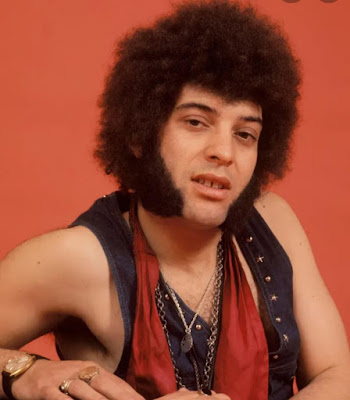One Hit Wonder: Mungo Jerry (1970)
Single: Mungo Jerry
B-side: Mighty Man
Album: Electronically Tested
Released: May 22, 1970 (UK)
Genre: Skiffle
Songwriter: Ray Dorset
"In the Summertime" by the British rock band Mungo Jerry was the first maxi-single in the world. A 7-inch record played at 33 1/3 RPM instead of 45, it had room for two other songs: "Mighty Man" and "Dust Pneumonia Blues."
It entered the UK Singles Chart at number 13 and the following week went to number 1 for seven weeks; the off-beat tune made number 1 in 26 countries and sold around 30 million copies. Mungo Jerry's second UK maxi-single, "Baby Jump," topped the UK charts but flopped in the US, where they remain a One Hit Wonder.
Mungo Jerry (1970)
"It's got no chorus; all it's got is a melody with
lyrics that conjure up a celebration of life."
Mungo Jerry's name was inspired by the poem "Mungojerrie and Rumpleteazer" from T. S. Eliot's Old Possum's Book of Practical Cats. Ray Dorset wrote "In the Summertime" while working for Timex in the UK. His band was more of a hobby at the time. The track took off, topping the singles chart in their native UK and making number 3 in America.
"It's got no chorus; all it's got is a melody that goes over and over again with a set of lyrics that conjure up a celebration of life," he's said. "Especially if you're a young person: it's a great day, you've managed to get a car - preferably with the top off - you're cruising around, and if you're a guy, you're picking up girls."
 |
| Ray Dorset of Mungo Jerry |
The music for the track is distinctive. Ray Dorset provided vocals, acoustic and electric guitars, and a shaker instrument called a cabasa. Paul King played banjo and jug. Mike Cole played string bass. Colin Earl played piano. There are no drums. Dorset, influenced by John Lee Hooker, stomped his foot to the rhythm.
 |
| Shaggy |





Comments
Post a Comment